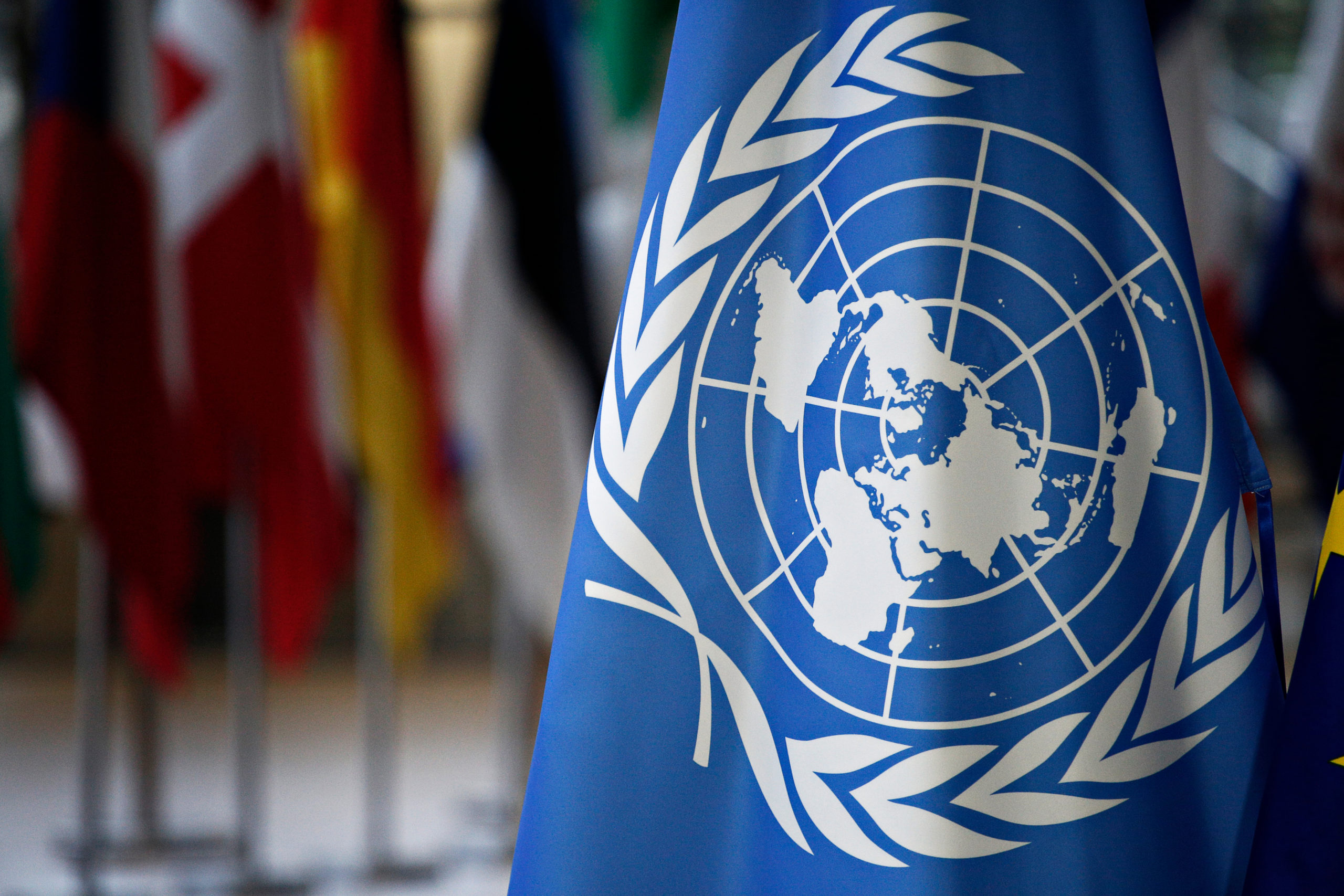Connect with us
Published
1 year agoon

As the cannabis industry continues to grow, so too does the emerging hemp industry, which found new footing after the 2018 Farm Bill was signed into law, legalizing hemp with less than 0.3% THC content and removing it from Schedule I of the Controlled Substances Act.
As we collectively play catch up and explore the many uses of hemp and hemp-derived products, a new report from the United National Conference on Trade & Development (UNCTAD) indicates that the market could very well continue to grow, so long as we allow it to.
The global hemp market could reach $18.6 million by 2027 if nations around the world take action to clarify the crop’s legal status and address other key issues, according to the 84-page report.
The aim of the report is to discuss the general uses of industrial hemp and how they are reflected in international production and trade statistics, the UNCTAD says. It also defines the steps developing countries could take, where climate and agronomic characteristics are favorable for hemp cultivation, “in order to explore its economic and social potential.”
“Industrial hemp does not have intoxicating properties,” the UNCTAD states. “Nonetheless, it remains a controversial plant, as it is still often mistakenly associated with use as an intoxicant. A negative connotation still prevails despite a history, over several millennia, of its industrial and medicinal applications. Such a connotation is due in part to confusion about the botanical characteristics and chemotype of the plant.”
It’s true, hemp is incredibly useful in a variety of contexts. Of course CBD and hemp-derived cannabinoids can be beneficial—and now more folks in the West, at least, are able to more easily access these products—but much of today’s innovation lies in hemp’s industrial applications.
Just this year, researchers have developed cost-effective, hemp-reliant batteries; a company developed hemp-based sanitary pads, sanitary napkins and N-95 masks; a nonprofit and hemp farm teamed up to create tiny homes made of hemp; researchers have crafted a hemp-based rebar alternative and hemp could even play a role in the growing plant-based food market.
“Hemp value chains can boost growth in rural areas and contribute to both manufacturing and food-processing industries. However, to fully exploit such potentialities, countries may have to take specific actions,” says the report, which marks the first time an international intergovernmental body issued a paper promoting the use of industrial hemp.
In order to minimize legal and financial risks for producers, governments must first clarify the legal status of hemp as a non-intoxicant, according to the report. The UNCTAD argues that cultivation of non-intoxicant hemp should be permitted in all countries, even though it may also require strict governmental control. Additionally, it argues that an “approach favoring THC threshold in final products, rather than in the field, should be adopted to incentivize a whole-plant approach and uses.”
Lawmakers could also increase THC thresholds for crops “on the field” to levels scientifically recognized as non-intoxicant. “This would allow increasing the pool of varieties usable in hemp production chains, thus de facto increasing the possibility to cultivate cultivars best adapted to specific environmental conditions and characteristics,” according to the report.
In addition, as part of embracing hemp reform policy, the report also suggests that governments identify other production constraints imposed by regulatory frameworks and develop strategies for regional cooperation to establish viable and sustainable value chains.
While the report is heavy in legal changes and suggestions, it also addresses a number of other concerns involving hemp.
One element is information. The UNCTAD points to public data about hemp production across all outputs, country-specific data and pricing, leaving room for improvement moving forward.
“At the international level, there is a clear need to improve availability and accessibility of information. Efforts should be devoted to improving the current state of information about all aspects of this commodity,” the report reads. “Additional categories need to be included to cover, for instance, hemp seeds, hemp seed oil, hemp seed products, hemp oleoresins and essential oils.”
The report also points to environmental and social considerations as “core to the success of any hemp-related policy,” adding that sustainability should be taken into account in these broader conversations.


Study Reveals State Cannabis Legalization Lowers Immigrant Deportation


DEA Challenges Bid To Use Psilocybin Under ‘Right To Try’ Legislation


Vegans Rejoice as Farmers Switch from Chickens to Hemp


Louisiana Legislative Committee Unanimously Passes Adult-Use Cannabis Framework Bill


Louisiana House Bill to Regulate Hemp Products Advances Along With Senate Bill to Ban


Cresco Labs Workers Reportedly De-Unionize
